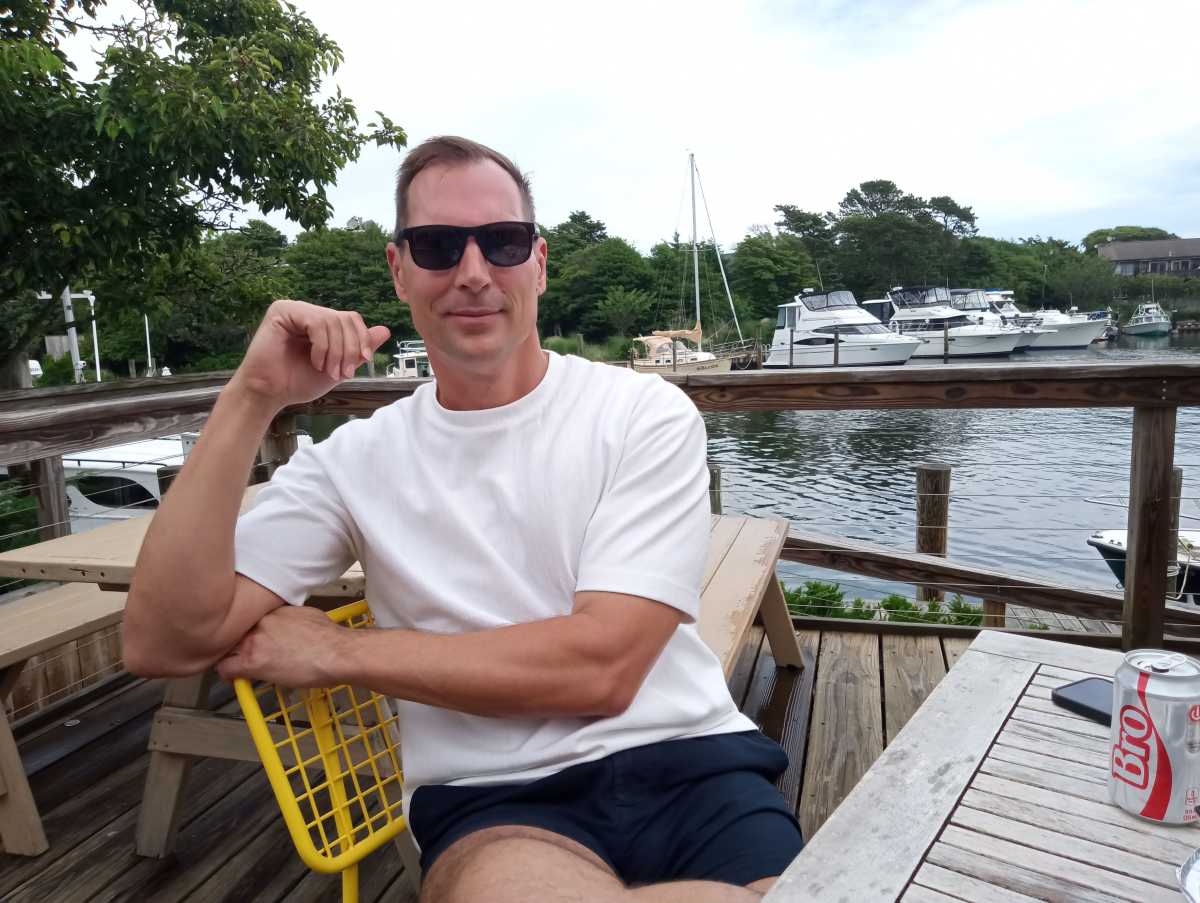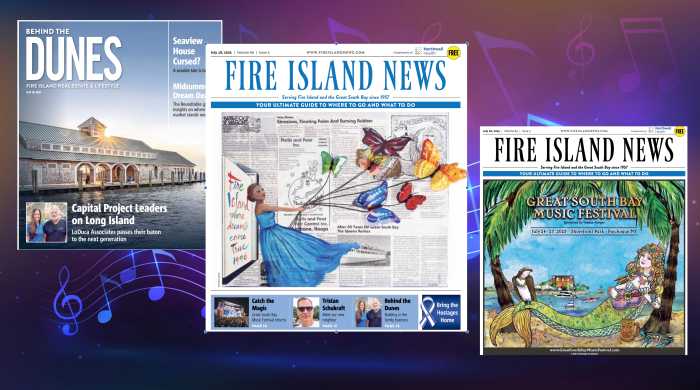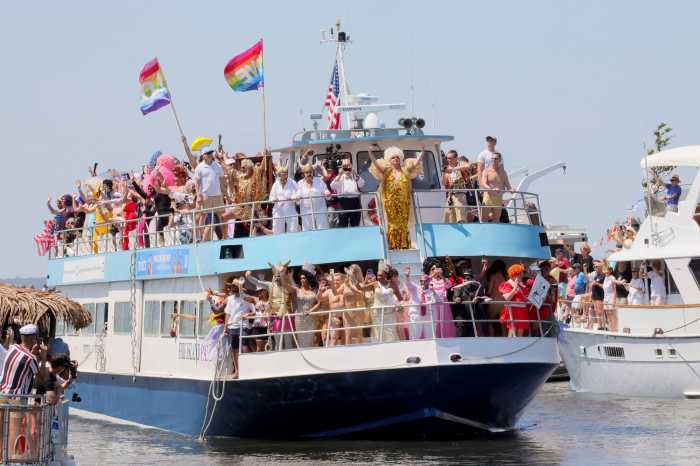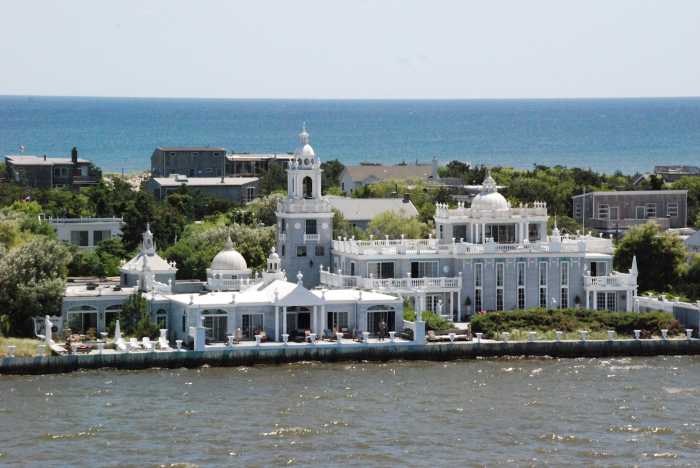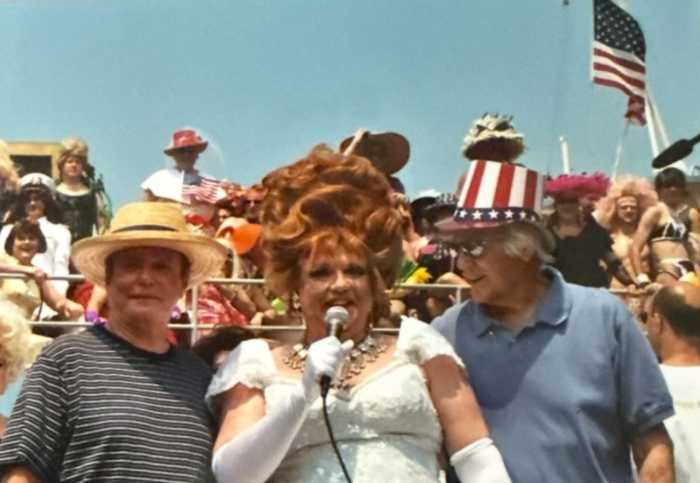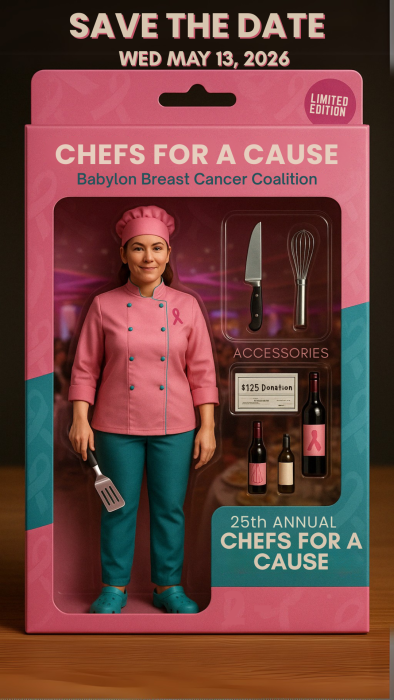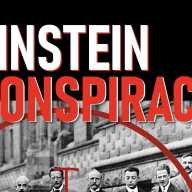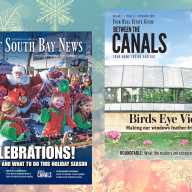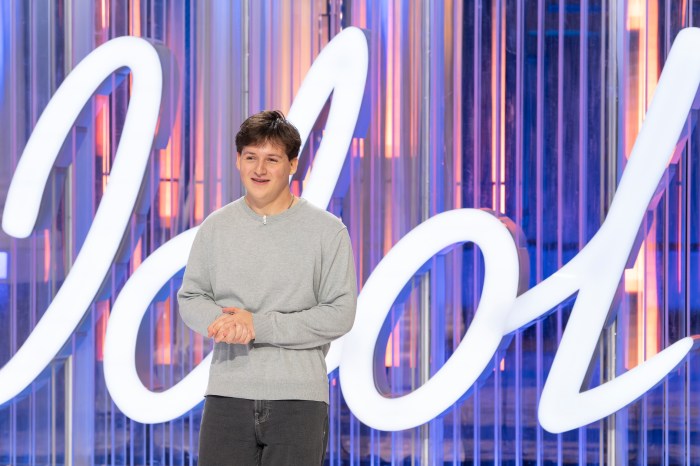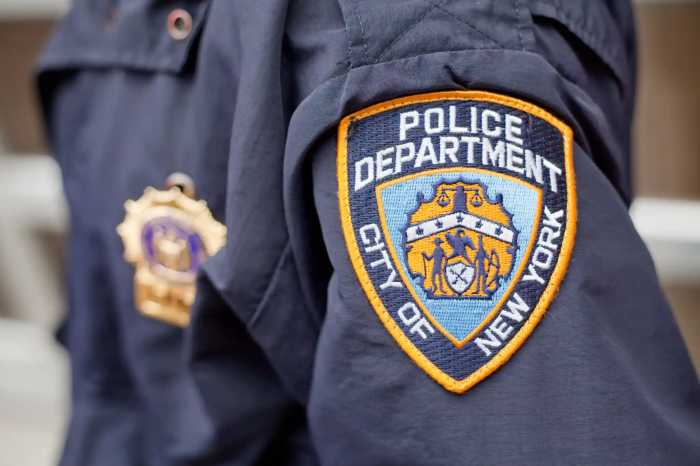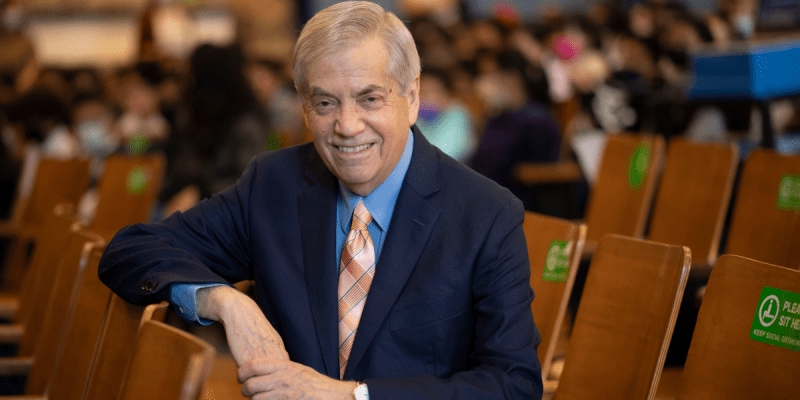A few days before the Invasion took place, I had the pleasure of meeting entrepreneur Tristan Schukraft for lunch at The Canteen. He is a man of vision, yet also a warm, relatable, and down-to-earth guy. By the way, The Canteen’s burnt brisket sandwich is fantastic, I highly recommend it!
Fire Island News (FIN): I must say, you’re even more handsome in person than you were in your photos. That’s hard to do.
Tristan Schukraft (TS): (Laughs) Thank you, I try. Have you ever eaten here at The Canteen before?
FIN: Actually, no.
TS: Well, one of the things we’re doing is expanding the hours, because I don’t cook for myself. So, when you leave the club at, say, three in the morning, and you’re like, “where am I going to eat?” Or sometimes you’re just not hungry until nine o’clock at night, and then everything’s closed… we’ll be open.
FIN: That’s a wise idea. And the place seems a little less cafeteria-like.
TS: Yes, we’re trying to fix that. We’re going to get new furniture and put AC in here in The Canteen. And since I hate cables everywhere, I’m trying to clean it up as best I can. This building is in the best condition out of all of them, but it’s still rotting away. It’s been neglected for a while. And then, of course, you add that with the saltwater… it’s like a double whammy. Then there are hurricanes. I recall that when I first came to inspect here, the visit had to be delayed due to flooding. The Blue Whale, and everything else, was underwater. Most people would be like, “Maybe I shouldn’t buy that.” But my partner asked if I thought this was a good idea. And I said, “When is this chance ever going to happen again?” When we redo The Blue Whale, we will have to raise it 15 feet. We are raising it seven feet already, for a new septic system. These are the things people often overlook. But the septic system is old and can’t take the capacity. A lot is happening underground that people won’t even notice. But we’re trying to make some improvements for this season. I’ve done renovations before. They are much harder than tearing down and rebuilding.
FIN: I’ve read a lot of things written about you, but very little about your childhood. Let’s talk about how you got your start—where you grew up, childhood experiences, and the people who shaped who you’ve become.
TS: Well, I grew up on the West Coast, and I was always an entrepreneur, with a side hustle of some sort. However, when I was 17, I moved to Italy, secured a modeling contract, and then relocated. I returned for a year before moving to Hong Kong. While I was living there, I had the idea to start a travel website for airline personnel, similar to Expedia. And my father said, “We think that’s a great idea. We’ll give you $10,000 loan, but you have to move back home.” So, that’s what I did, but $10,000 wasn’t enough money to start this business. At the time, Razor scooters were the big thing of the day. And so I imported 457 Razor scooters. I learned my first valuable business lesson: You don’t need every color. I sold my last six yellow scooters at half price on Christmas Eve.
Inventory can kill a business if you don’t have the right inventory. So, I made $16,000 from that. Additionally, the $10,000 was sufficient to launch my first business, which was an Expedia-like platform for airline personnel. Starting a new company was tough. You sign up, become a member, and you get access to all these discounts. Well, nobody wants to sign up for a membership. You don’t have the discounts, and nobody wants to offer you a discount if you don’t have the members. I met mentors along the way and learned from them. Then, I transitioned into ID technologies, and ID90 began providing ticketing services for the airline industry. We represented a majority of the world’s airlines. I was 25 at the time, making good money and owning two homes. Then, I took a risk on what I thought was a great idea—e-ticketing—but I couldn’t get a single airline to sign on. All I needed was one to start showing proof of concept, and I thought I had leveraged everything I had and thrown it away. Luckily, I finally got one airline that came through when we were running on fumes. Hawaiian Airlines saved the day.
FIN: It sounds like the stuff of a movie.
TS: I had 111 employees on four continents. We program 24 hours a day, six days a week. We have a call center available twenty-four hours a day, seven days a week, serving clients from Moscow to the U.S. It was a complicated operation that I ran for 14 and a half years. I used to travel 600,000 miles a year. That’s the equivalent of 30 hours a week on an airplane. After I stepped down, we were going to sell the company. We didn’t end up selling it, but I was just exhausted. I just wanted to be in one place. Ironically, every other week, I still flew from L.A. to Argentina. Now I own The Abbey. Never did I think that would be my roadmap. So it’s funny how things come full circle, right? Yeah. Then I ran for public office.
FIN: In West Hollywood?
TS: I lived in Argentina for three and a half years, and it was very inefficient, which drove me crazy. So, I thought, “oh God, when I’m done with ID90, I’m going to run for mayor and turn the city around.” Then I returned to West Hollywood, a well-run city, but it can be improved from an outside perspective. In 2011, I ran for the West Hollywood City Council, and thank God, I lost. Sometimes, when things don’t work out the way we want, it may be for the better. However, I learned a lot from running for office.
Then, I invested in a gay publication called Frontiers Media, the second-oldest gay publication after the Washington Blade. I never worked so hard for so little money. It was a struggling business. We ended up selling to a company that was consolidating all LGBTQ media. Unfortunately, they drove it into the ground. They just bled it in cash. It was very disappointing because all of our archives, which chronicled the LGBTQ movement, were lost. It was a shame to see it all disappear. Local print media is still important because it gives you a voice. The New York Times does not represent everybody.
FIN: If you don’t mind me asking, when did you realize you were gay?
TS: I think it was 17, or I should say, I came out when I was 17. I guess I knew probably as young as 13 that I was gay, because I had male friends that [I] was kind of in love with, but I was also in love with girlfriends too. By the time I was 15 or 16, I knew that I was gay. So, when I came out, I was 17, which was revolutionary at the time. Now, it’s not a big deal. My parents were very liberal, and my father was my best friend’s gay. My parents have a lot of gay friends. But it was different hearing that your son is gay. My mother was terrified of me dying from AIDS, and my father feared it would hold me back in life. Luckily, those things never occurred. However, when asked about my childhood, I have a lot of confidence because my parents were very supportive of everything I did. I think that’s where, as a result of that, I have that confidence. So yeah, I’m very affectionate. Some have even called me needy. I don’t know. I just got to laugh. My dad would drop me off at high school every day and kiss me goodbye. I came from an affectionate family.
FIN: Were you an only child?
TS: No. The youngest of three. My brothers are 52, 51. Okay. And I’m 46, so a bit of a gap.
FIN: Well, you look younger.
TS: Thanks! All my boyfriends say so, too.
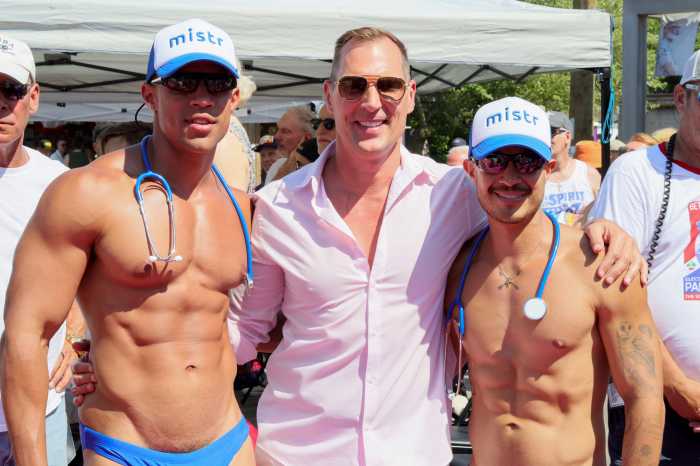
FIN: You were involved with the start-up of a telehealth system. What got you into doing that?
TS: Well, I had an older boyfriend when I was living in Amsterdam. He died of AIDS. Most people in their forties don’t know someone who died of AIDS, which is fortunate. They don’t realize how bad it was. But that was my primary motivation. People needed better access to PrEP, (Pre-Exposure Prophylaxis), but there were so many barriers in the healthcare system for gay people to access it. If you checked one box wrong, they were denied needed treatment. I felt like things had to be done better. So, I founded MISTER. Well, I had no experience in technology. I’m an IT guy now after all these years. I hire people who possess a strong knowledge base. My IT director has worked for me since he was 19. So, we have worked together for 20 years.
FIN: Retention says a lot about a company.
TS: Absolutely. You only become successful when you have a good management team. Some days you get along, some days you don’t. Then, you go out for a drink, and it doesn’t matter. We’re spending a significant amount of money here on Fire Island for staff housing. Right now, we’re purchasing new beds, new vanities, new plumbing, new paint, AC, TVs, and Wi-Fi. All of it is worth it. You need proper staff accommodations.
FIN: Did a grandmother make this brisket sandwich?
TS: Is it good?
FIN: Yes!
TS: I’m going to try that later. You know what? We’ve won awards in San Juan for our restaurant, which is ranked in the top 10 on Tripadvisor. We want to elevate the food experience here. See that plate you’re eating on? It’s bamboo. We’re eliminating plastic and non-biodegradable waste wherever we can. We have reusable water bottles, and I install water stations so people can refill. Fire Island is a nature reserve. I think many people forget about that. So, that’s one of my initiatives. We currently have five bars and clubs, seven restaurants, and three hotels. So, I try to think about how all the little things add up and what their impact on the environment is.
FIN: So, you’re taking the knowledge you’ve picked up from your other establishments and bringing it here.
TS: I’m trying to. I don’t think people realize that the first tea dance was here, that people came to the Pines Clinic because they couldn’t get treatment in the city during the AIDS crisis, or what the history behind the Invasion is. It’s good to educate them—now more than ever—especially in the gay community. Many people want us silenced.
Tryst is the first luxury gay hotel chain. I suffer from FOMO. I don’t want to miss out on anything. I hope to see this place become the epicenter of the Pines and Fire Island community.




